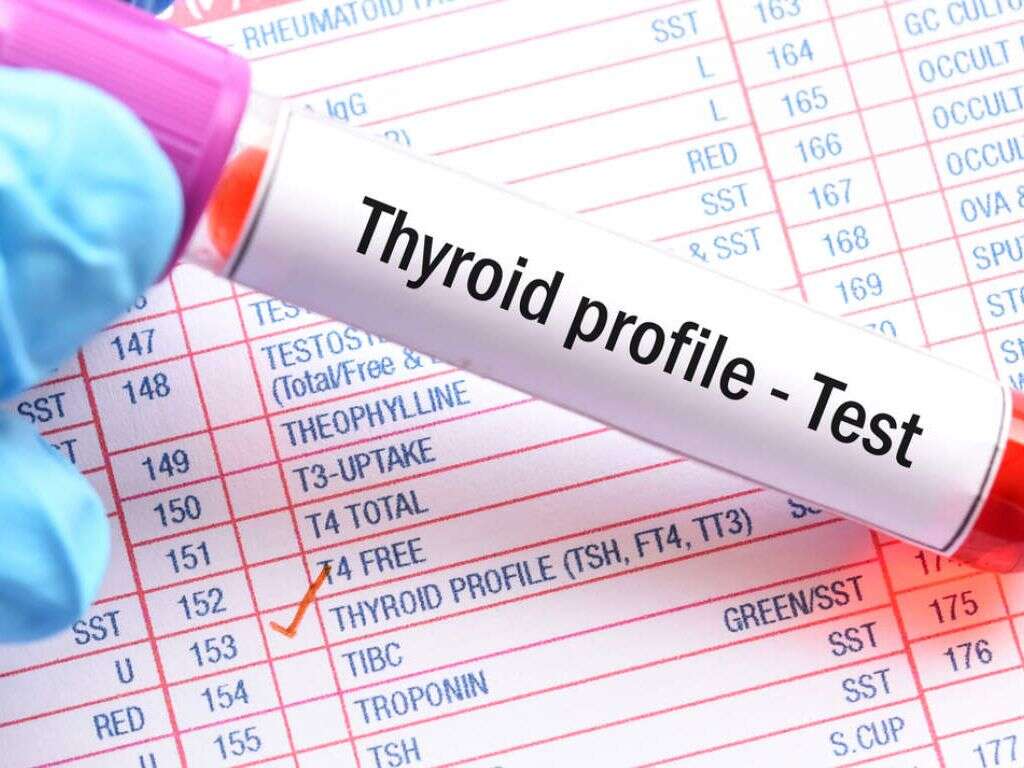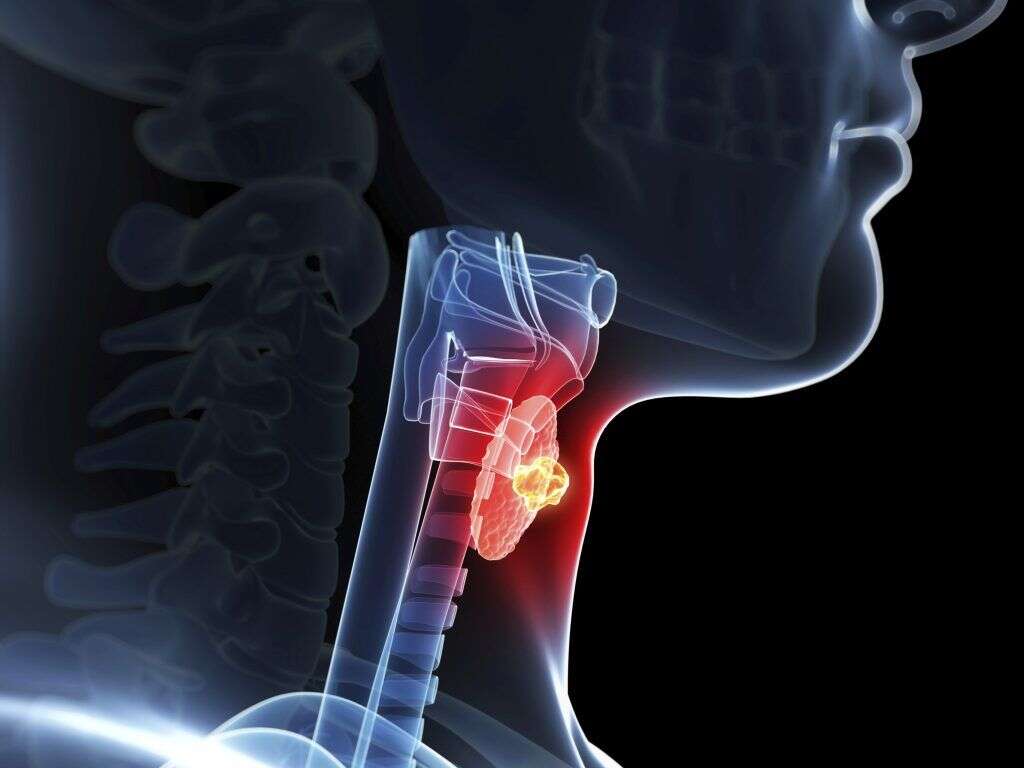10 Myxedema Symptoms
 Article Sources
Article Sources
- 1. 'Hypothyroidism (Underactive Thyroid).' Mayo Clinic, Mayo Foundation for Medical Education and Research, 19 Nov. 2020, www.mayoclinic.org/diseases-conditions/hypothyroidism/symptoms-causes/syc-20350284.[](https://www.mayoclinic.org/diseases-conditions/hypothyroidism/symptoms-causes/syc-20350284)
- 2. CR;, Wall. 'Myxedema Coma: Diagnosis and Treatment.' American Family Physician, U.S. National Library of Medicine, pubmed.ncbi.nlm.nih.gov/11130234/
- 3. Junuzović-Žunić, Lejla, et al. 'Voice Characteristics in Patients with Thyroid Disorders.' The Eurasian Journal of Medicine, The Eurasian Journal of Medicine, June 2019, www.ncbi.nlm.nih.gov/pmc/articles/PMC6592446/
- 4. S;, Tagoe CE;Zezon A;Khattri. 'Rheumatic Manifestations of Autoimmune Thyroid Disease: the Other Autoimmune Disease.' The Journal of Rheumatology, U.S. National Library of Medicine, pubmed.ncbi.nlm.nih.gov/22505695/
Changes in Facial Features
Physicians have identified a set of facial features that are common in people with myxedema. These include an enlarged tongue, puffy skin, drooping eyelids and dry skin and hair. Although it's a less exact diagnostic tool than some others, it's one way to catch warning signs at a glance.
While each of those facial features may have a number of causes, it's the combination of features that might tip off a trained physician. These features aren't always present, but they're certainly distinctive.
Advertisement










